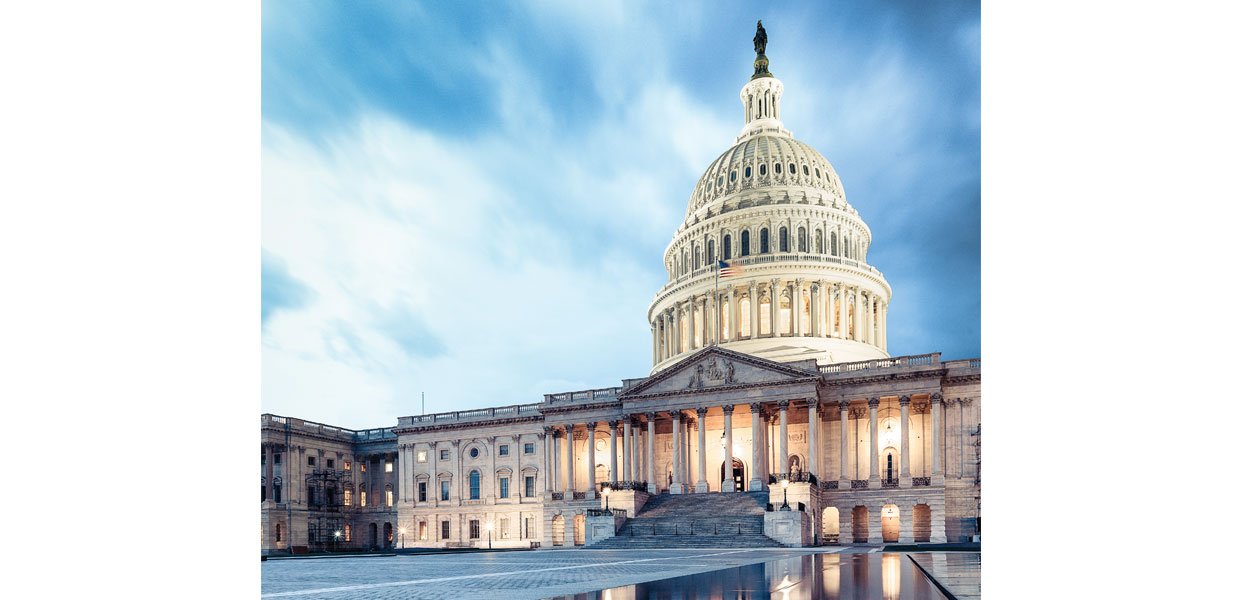
Throughout the 2016 campaign, Donald Trump promised voters, especially evangelicals who were behind him, that he would do away with an IRS restriction brought about in 1954. That restriction, the Johnson Amendment, prohibits 501(c)(3)s — mostly churches and other non-profit/charities — from engaging in campaigning for or against political candidates.
Following the inauguration in January, movement began on making that promise a reality. On February 1, 2017, a bill was introduced in both houses of congress. The Free Speech Fairness Act (S 264 and HR 781) would specifically do away with the Johnson Amendment by stating, “An organization may not lose its tax-exempt status under section 501(c)(3) or be deemed to have participated in, or intervened in any political campaign on behalf of (or in opposition to) any candidate for public office …” However, before the bill had any action, the president preemptively signed his executive order.
Do not be misled by the general media: The executive order signed by President Trump on Thursday, May 4, 2017, did not do away with the Johnson Amendment. Instead, the executive order was a command to the IRS to quit enforcing the amendment. While the amendment still stands, the president is asking the IRS to turn a blind eye toward churches who engage in more robust political speech.
“The Seventh-day Adventist Church in North America, because of its biblical beliefs and practices, does not desire to intervene in elections. Additionally, the church has opposed certain previous proposals for a full repeal of the Johnson Amendment. Therefore, while recognizing the law’s potential First Amendment concerns, the church reaffirms its opposition to legislative efforts to eliminate or weaken rules that prohibit nonprofits, including houses of worship, from endorsing or opposing candidates.
“… the church will not modify its practice of remaining neutral in elections. While church members are free to support candidates or even run for office themselves, it is not the role of the church to become involved in the electoral sphere.”(Church statement on the proposal to repeal the Johnson Amendment, April 6, 2017, Adventist Review)
While many will argue that the executive order did little to change the current rules, the concern is with that section of the order that deals with political speech by and through religious leaders and organizations. Most pastors in America know how increasingly divisive politics has become, and will hopefully use discernment for the varying political opinions of their parishioners to keep this type of speech out of churches. Nevertheless, for Adventists the concern that American churches could become more heavily involved in politics has its roots in the prophetic implications of this troubling action. On the eve of the 500-year anniversary of the Protestant Reformation, a review of history and its propensity to repeat itself brings to mind the truth about churches who feel motivated to place their agenda on the government’s door through increased politicization. By allowing churches more unbridled freedom in politics, you risk making the politician beholden to the organization/church who got them elected.
“This is what the Jews did in the days of Christ and what the church has done ever since whenever she has lost the grace of Christ. Finding herself destitute of the power of love, she has reached out for the strong arm of the state to enforce her dogmas and execute her decrees. Here is the secret of all religious laws that have ever been enacted, and the secret of all persecution from the days of Abel to our own time,” Thoughts from the Mount of Blessings, page 126.2.
Conventional wisdom dictates that we are better able to fulfill our prophetic purpose as a church when we stay focused on Christ, rather than politics.
is the director of the Public Affairs & Religious Liberty Department at the Southern Union in Norcross, Georgia.
Southern Union | June 2017



Comments are closed.